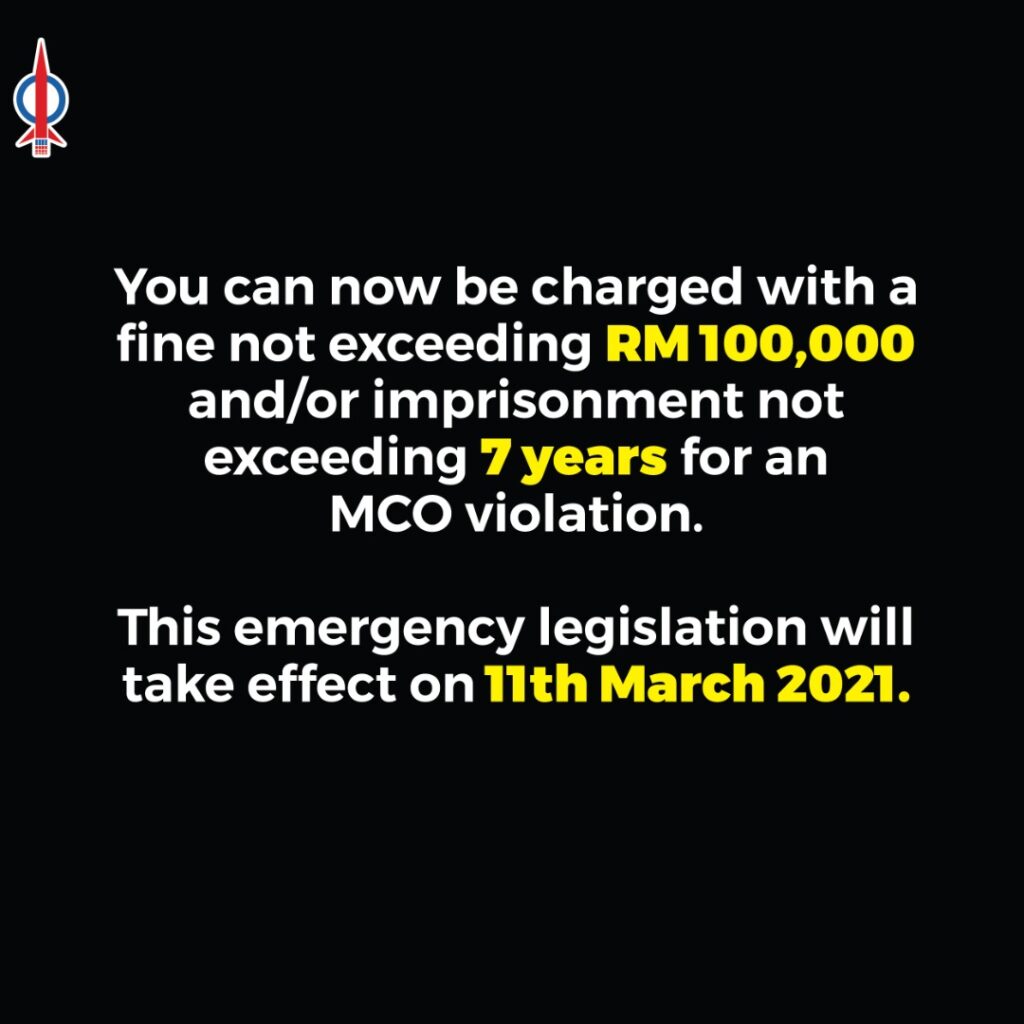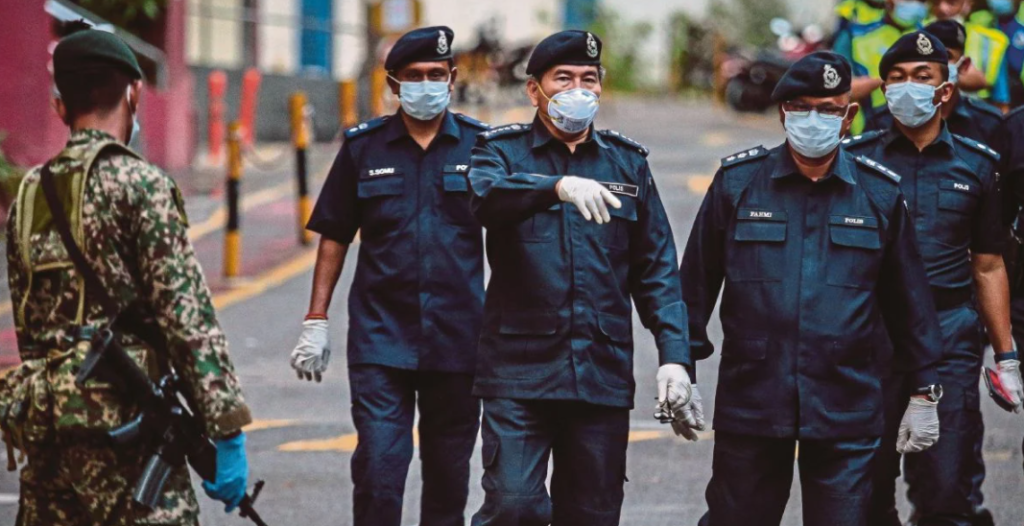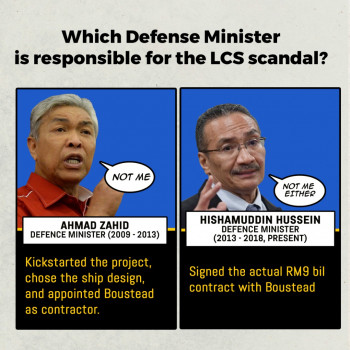
Arrest, detention, investigation and a charge with a fine not exceeding RM100,000.00 and/or imprisonment not exceeding 7 years will be the norm under The Emergency (Prevention and Control of Infectious Diseases)(Amendment) Ordinance 2021 and not a maximum compound of RM10,000.00 as misunderstood by many.
Emergency Legislation
The Emergency (Prevention and Control of Infectious Diseases)(Amendment) Ordinance 2021 is creating further confusion to the already confused state of law and regulations which change from day to day with regard to Covid-19. This Emergency Legislation will take effect on 11th March 2021.
Even the Inspector General of Police, Tan Sri Abdul Hamid Bador is confused when he said the enforcement of RM10,000.00 compound will only be imposed on individuals who breach the movement control order repeatedly, as well as those who can trigger the spread of Covid-19.
This Emergency legislation will put into effect the following: i. All offences under the Prevention and Control of Infectious Diseases Act 1988 (Act342) will become seizable offences.
ii. It increased the general penalty of an offence under Act 342 to a fine not exceeding RM100,00.00 and/or an imprisonment for a term not exceeding 7 years.
iii. The Director General of the Health Ministry or his authorised officers may only compound a case with the consent in writing from the Public Prosecutor.
iv. Upon receiving the written consent of the Public Prosecutor, the Director General of the Health Ministry or his authorised officers may offer to compound an individual up to a sum not exceeding RM10,000.00 or in the case of a body corporate a sum not exceeding RM50,000.00.
What do these emergency provisions translate into real life situation?
The police or authorised officers will arrest, detain and investigate all who are suspected to have committed an offence under Act 342 or the regulations made thereunder.
The police or the authorised officers will then decide to charge these suspects in court or to write to the Public Prosecutor for consent to compound the cases.
This Emergency legislation is objectionable on the following grounds:

i. Why is there the need to make the offences seizable? Those who do not observe the Standard Operating Procedures (SOPs) will be arrested, detained and investigated.
ii. We are wasting too much of the police and courts’ time and resources when most of these cases especially the failure to observe SOPs under the regulations can be disposed of with a simple compound.
iii. Requiring the Director General of Health and authorised officers to get consent from the Public Prosecutor is an unnecessary bureaucratic process and will cause huge backlog of cases. The Public Prosecutors should instead give power to the Director General of Health and the authorised officers the power to compound the cases.
iv. When a suspected offender is arrested he is faced with a penalty not exceeding RM100,00.00 and/or an imprisonment up to 7 years! It will likely encourage corruption due to heavy penalty that can be imposed.
v. The proposed compound of RM10,000.00 is also exorbitant especially when it is just failure to observe some SOPs prescribe by the regulations. The amount will be substantial if the number of people who have gathered is a crowd attending a function or a funeral.
Current Prevention and Control of Infectious Diseases Act (Act 342)
The above said Emergency legislation is clearly harsh and draconian on the people if compared with the current Act 342 (before it is amended by the Emergency Legislation with effect from 11th March 2021):-
i. It is a non-seizable offence. No arrest can be made without a warrant from the court.
ii. The Director General of Health or any public officer authorised by him in writing may compound an offence by collecting from the offender a sum not exceeding RM1,000.00. An authorised officer under Act 342 may prosecute an offence under Act 342 or the regulations made thereunder (Note: there is a view that these powers are unconstitutional unless these powers have been authorised by the Public Prosecutor as the Federal Constitution provides that the power to prosecute rests with the Public Prosecutor or persons authorised by him).
iii. So far, under the regulations related to Covid-19 made under Act 342, the maximum fine does not exceed RM1,000.00.
Despite not having such powers, the police under the PN Government have been acting lawlessly in arresting and detaining suspects, often overnight before charging them in court.
The police have also been issuing offer to compound (summons) to suspected offenders under Act 342 and the regulations made thereunder when they are not authorised to do so.
My Proposed Solution

Act 342 provides that the police (and other enforcement agencies) are to assist the authorised officers in carrying out their duties. I proposed that the police do their rounds to warn people to observe the SOPs required under Act 342’s regulations.
If they refuse to take heed of the warnings and comply with the directions of the police, such stubborn offenders be charged under Section 186 of the Penal Code for obstructing a public officer from carrying out his/her duties.
The offence is punishable with imprisonment not exceeding 2 years and/or fines not exceeding RM10,000.00.
I believe the public will be satisfied with such an approach as they are forewarned of to any breach they may have committed with regard to the SOPs/regulations which are ever changing from day to day.
Dato’ Ngeh Koo Ham
Member of Parliament For Beruas



